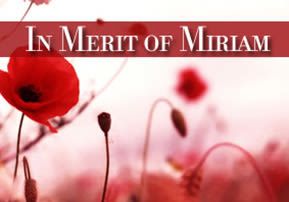
Chukat: In Merit of Miriam
Water symbolizes life, since nothing can grow without water. The nurturing quality of water associated with Miriam is found in womankind. Women keep the Jewish people alive.

Parshat Chukat
In this week’s parsha Miriam departs from This World: “The whole congregation of the children of Israel came into the desert of Zin, in the first of the month: the people abode in Kadesh; Miriam died there, and was buried there. There was no water for the congregation” (Bamidbar 20:1-2). Why is the lack of water mentioned immediately after Miriam's death? Rashi explains that during the entire forty years the Jewish people were blessed with the well of water in Miriam's merit. His source is the Talmud (Ta’anit 9a): “Three good providers stood by Israel: Moshe, Aharon and Miriam. Three good gifts were given through them: The manna, the cloud of glory, and the well. The well was in the merit of Miriam, the pillar of cloud in the merit of Aharon, and the manna in the merit of Moshe. When Miriam died the well subsided; as it states, “Miriam died there,” followed by, “there was no water for the congregation”… Let us try to uncover why the well specifically was in the merit of Miriam. Moreover, is there an underlying connection between women and wells?
THE WELL OF KINDNESS
According to Ein Ya’acov, the three good gifts correspond to the three pillars upon which the world stands: Torah, avodah (worship) and gemilut chasadim (acts of kindness) (Perkei Avot 1:2). The manna corresponds to Torah, the cloud to worship, and the well to acts of kindness. Anaf Yosef takes this concept a little further. He explains that just like Miriam embodied the charactertrait of kindness, when as a young midwife, she kept the babies alive, and supplied them with food (Shemot 1:17 see also Sota 11b), so did the well supply the Jewish people with all their needs. Thus, in the merit of Miriam, the well sustained the Jewish people with water in the wilderness. Water symbolizes life, since nothing can grow without water. The nurturing quality of water associated with Miriam is found in womankind. Women keep the Jewish people alive. Without the perpetual kindness of women pouring out like a bottomless well, nothing would be able to be conceived, born, or kept alive.
WOMEN AND WELLS
According to Maharal, a woman is compared to a well (Mishlei 5:15-18) in its aspect of rising up from below. The well signifies Hitaruta d'letata (the arousal of below) -the water below the earth, which rise up to the surface. A woman desires her man, because, she yearns for him to draw out her inner depths into the outer reality. This power of the well to rise up is also manifested in the love of the Jewish people for Hashem (Gevurat Hashem p.56, Nezach Yisrael p. 201).
FEMALE YEARNING
The desire to always grow, flourish and flow is clearly expressed among women today. This spiritual female yearning is apparent by the fact that women are in the forefront of the ba’alei tshuva movement (those who return to become observant Jews). In Jewish learning programs there is often a vast majority of female participants. Moreover, many great teachers prefer female students, because they are more serious in their desire to implement their knowledge. It is also mainly women who are involved in various self-development workshops and groups for self-improvement. This yearning to always ascend on the spiritual ladder paves the way for our future redemption.
(Rebbetzin Chana Bracha Siegelbaum is Director of Midreshet B’erot Bat Ayin in Gush Etzion. This article is an excerpt from her book Women at the Crossroads: A Woman’s Perspective on the Weekly Torah Portion, reviewed by The Jerusalem Post, The Jewish Press, Voices Magazine, Good Reads, and WordPress/JewishPress and more. To order this book, click here)




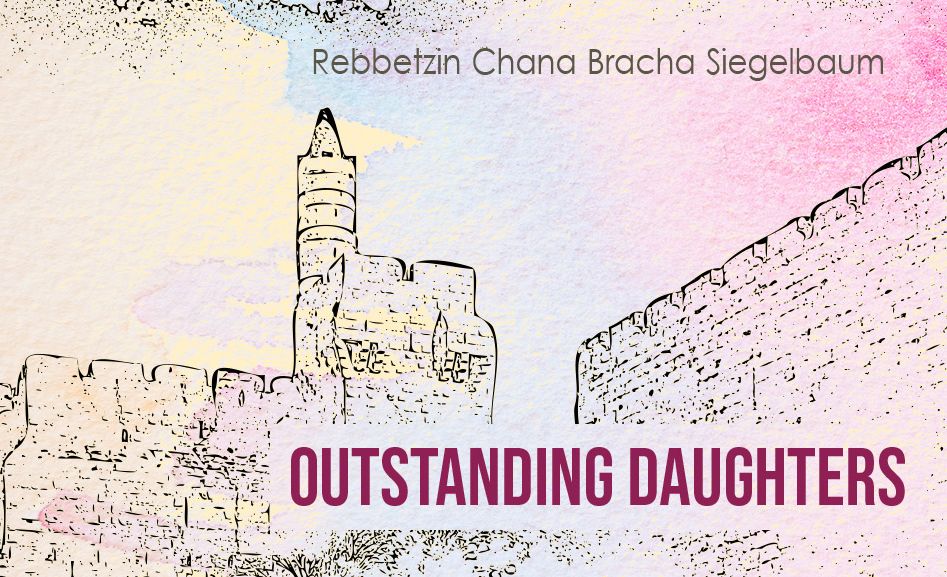

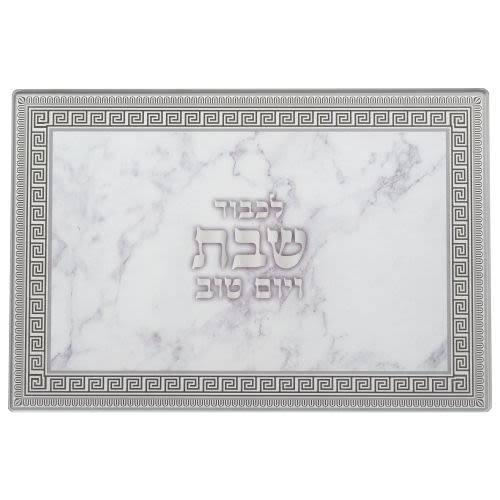
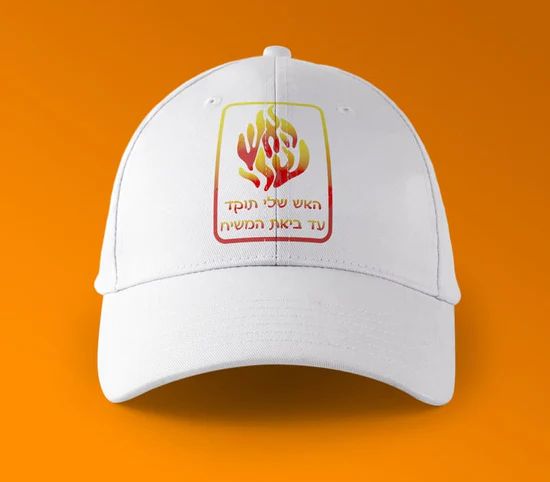

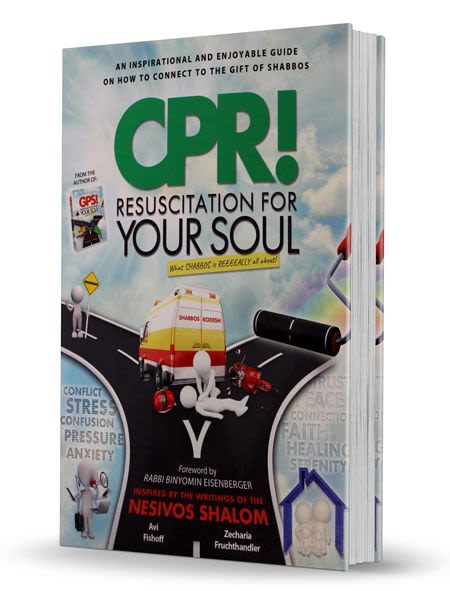

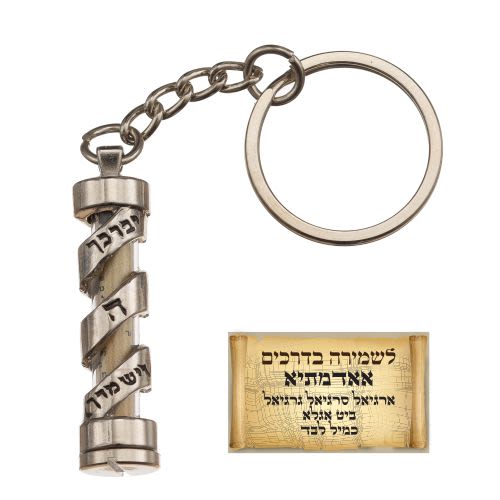
Tell us what you think!
Thank you for your comment!
It will be published after approval by the Editor.